From BTC to ETH, DOGE, DOT, NEAR, ADA, as well as ERC-20 and BEP-20 tokens; you name it, we got it!
Your Trusted Non-custodial Crypto Wallet
Exchange, Buy, and Store Crypto Tokens and NFTs with Security and Flexibility
Trusted by millions and growing globally
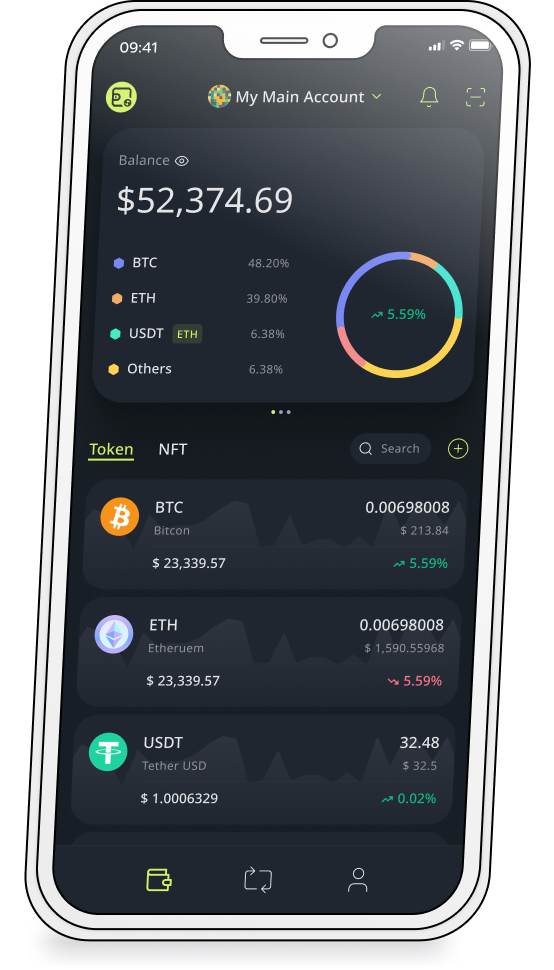
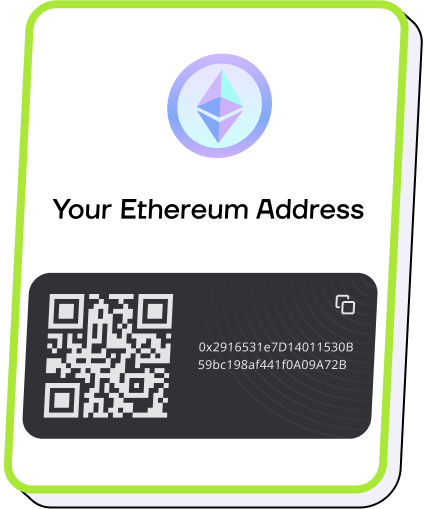
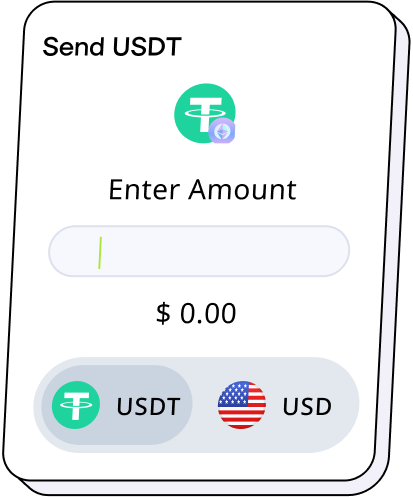
crypto wallet security like never before
With industry-leading cloud-based encryption, 2FA authentication, and MPC cryptography, you can never lose access to your cryptos. Effortlessly recover your wallet anytime and every time.
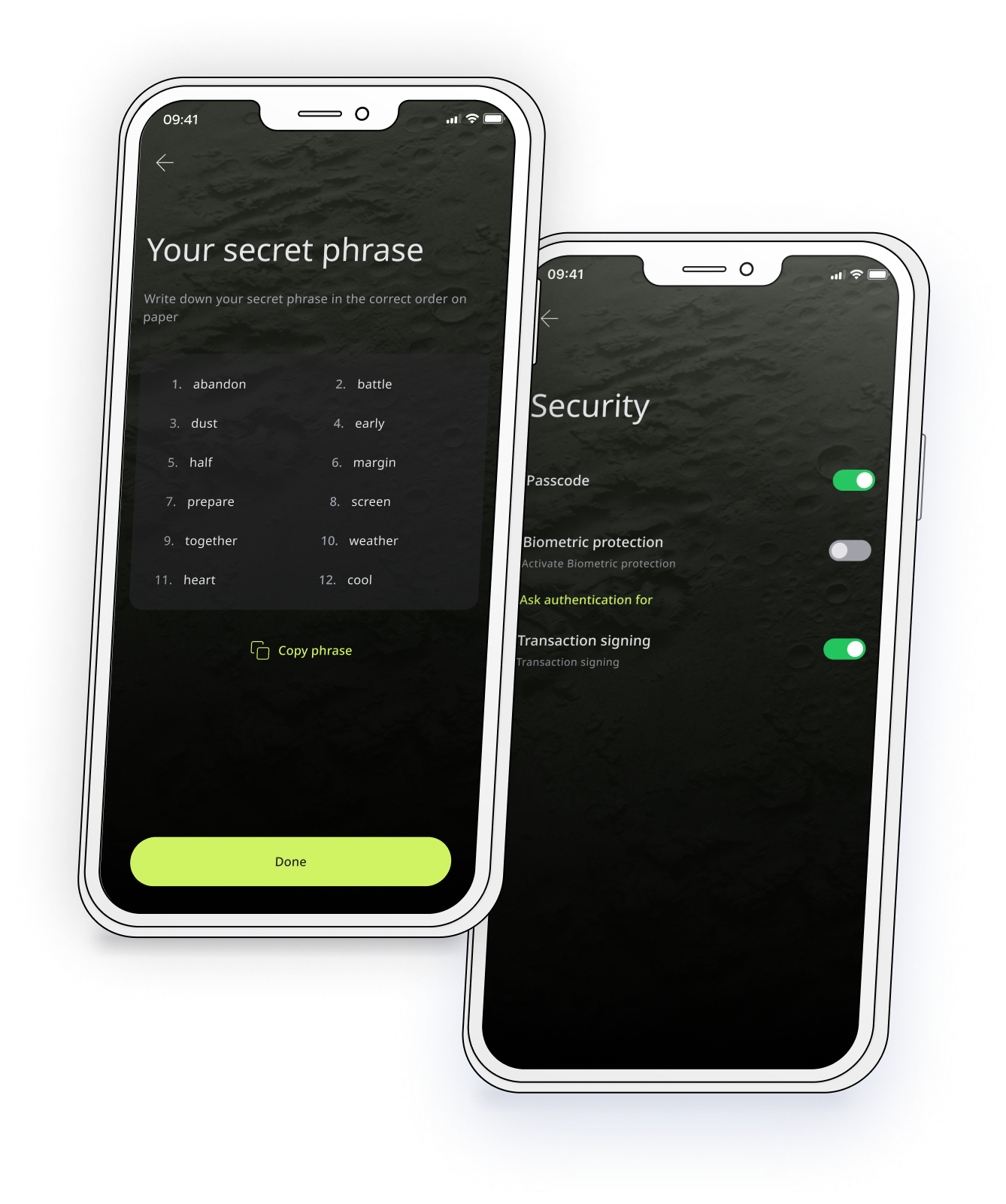
50+ networks and unlimited custom tokens
Fully supported all ERC-20, BEP-20, Layer2, Solana, Polygon tokens and 800+ mainstream tokens


Send & receive with a seamless user experience
Transfer Bitcoin, Ethereum, and other crypto in a few clicks
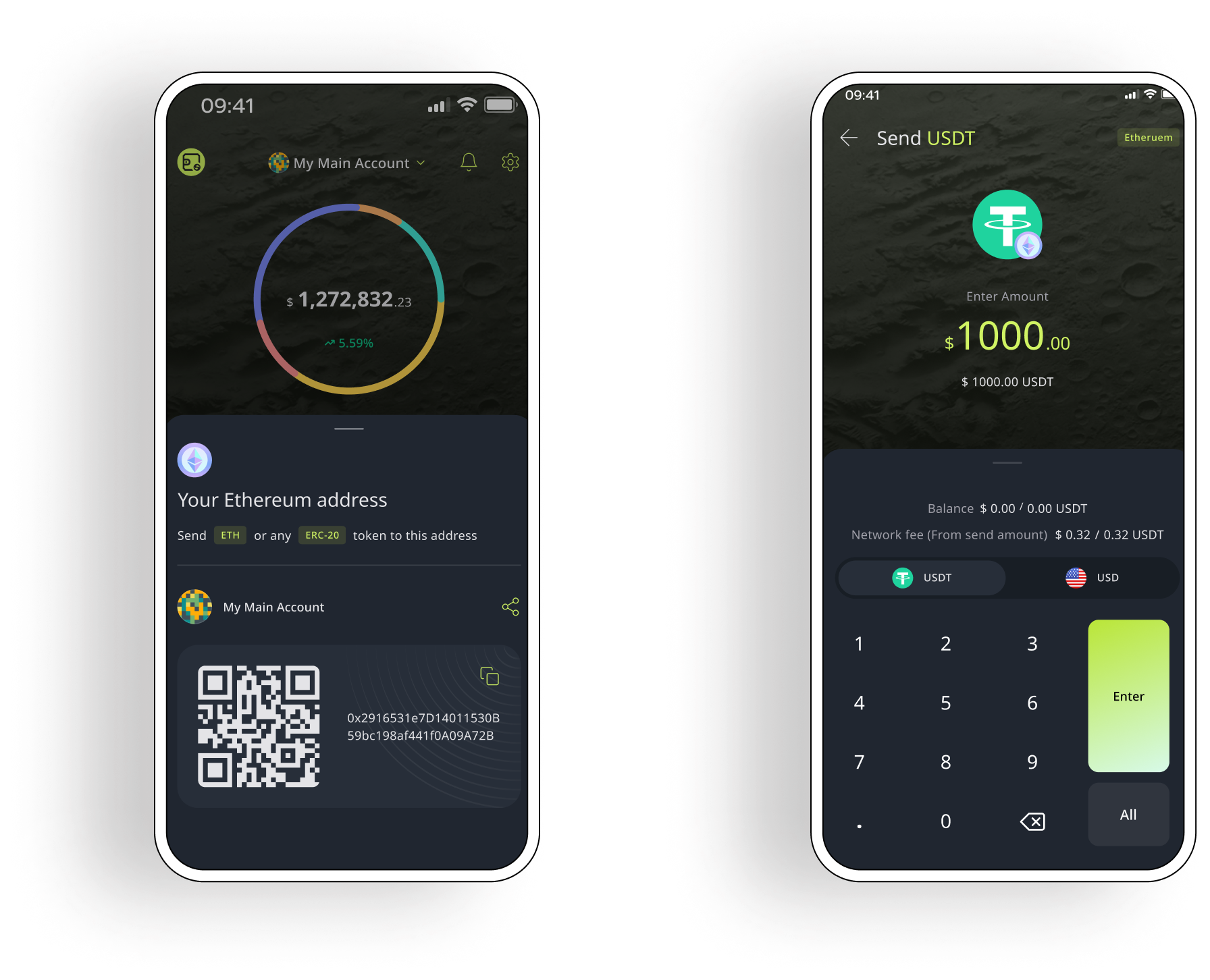
Customize your Crypto Portfolio to Taste with Cwallet's Portfolio Management Tool
Beautiful designs to manage your crypto assets better
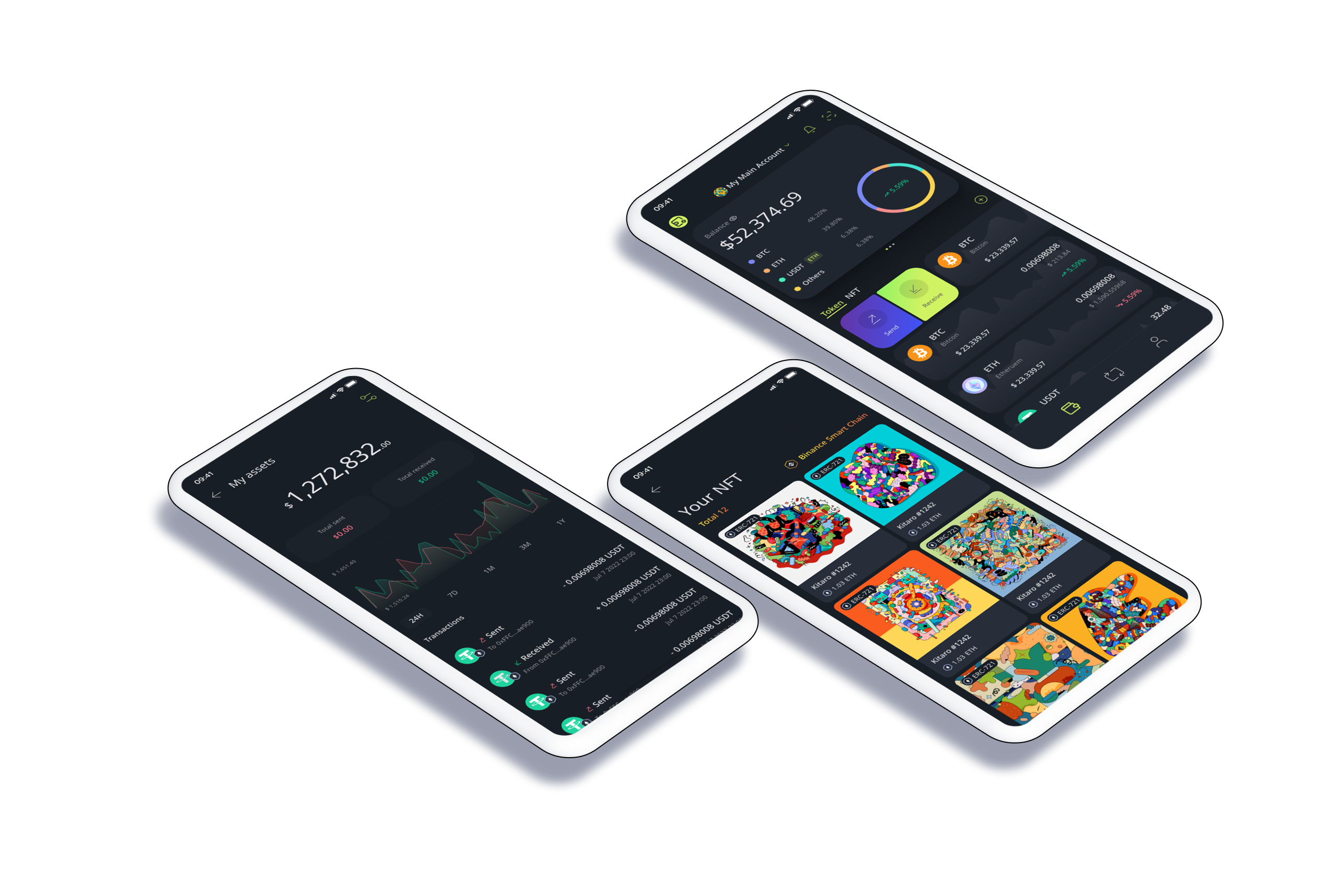

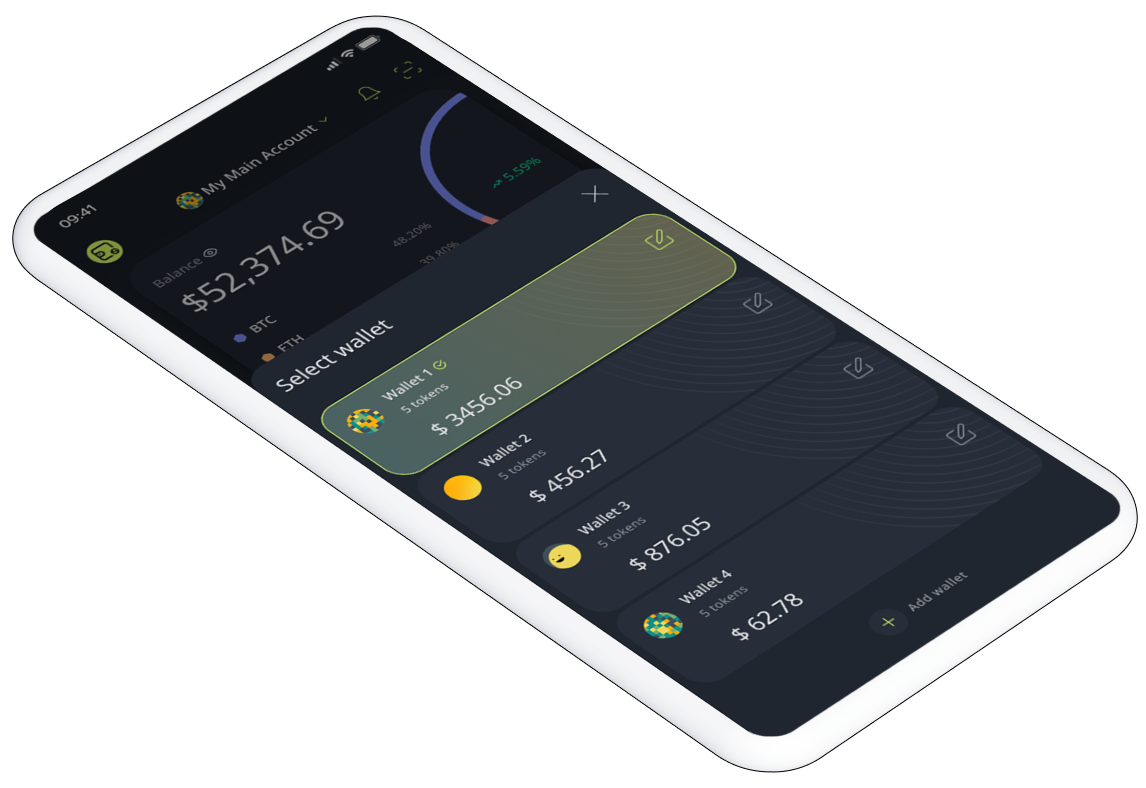



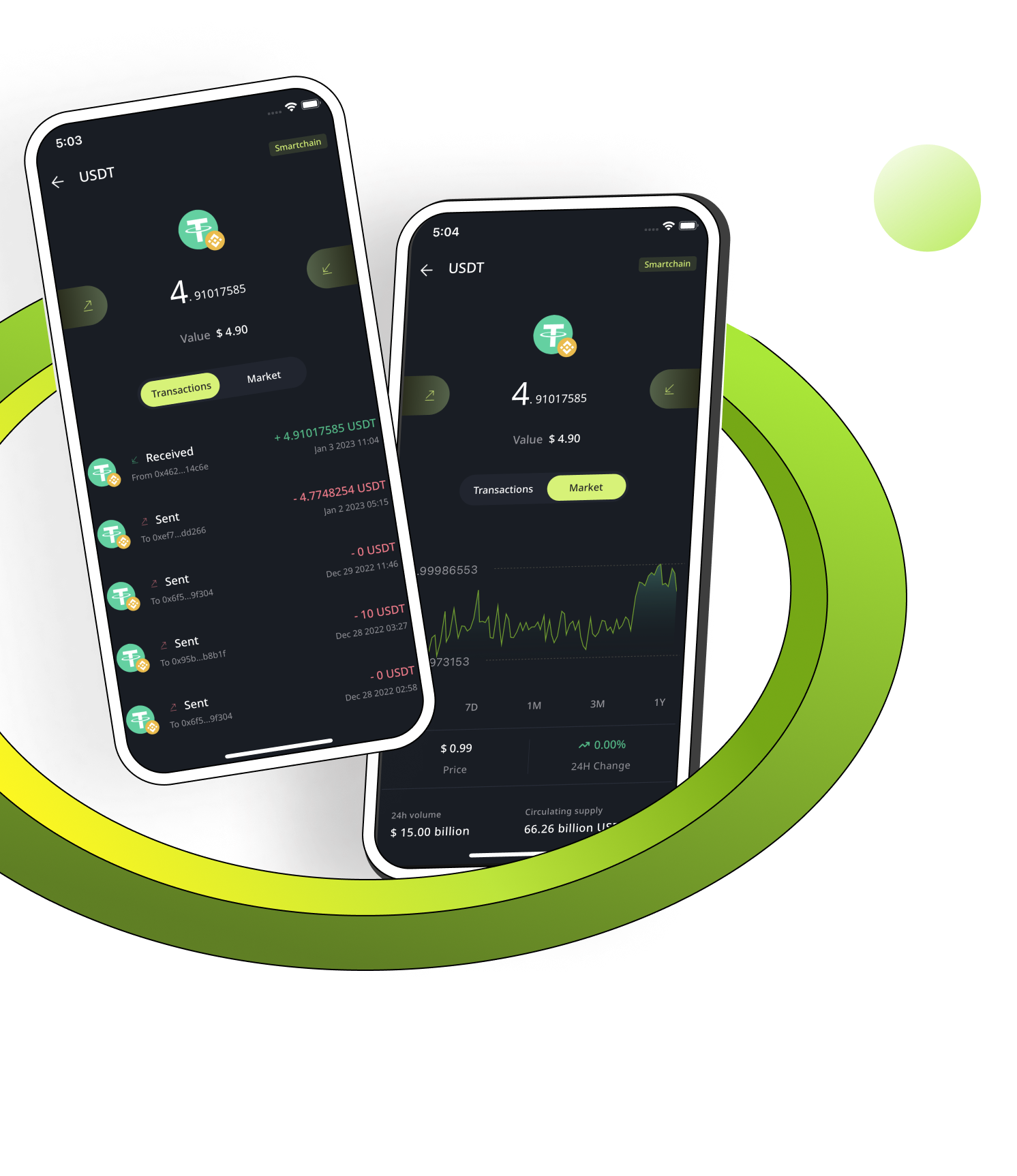
Live Charts and Transaction records with a friendly User Interface
Monitor market changes on the go
An Experience You’ve Never Had
Manage multiple non-custodial and custodial wallets within a single app
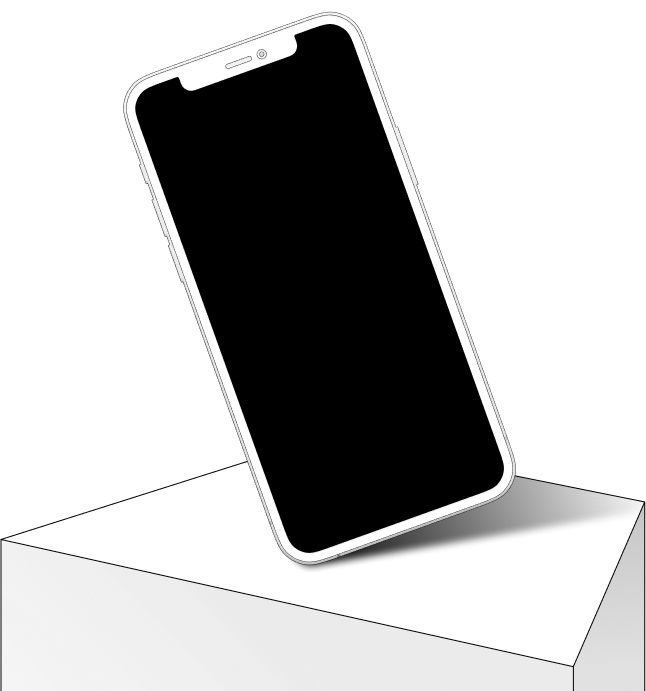
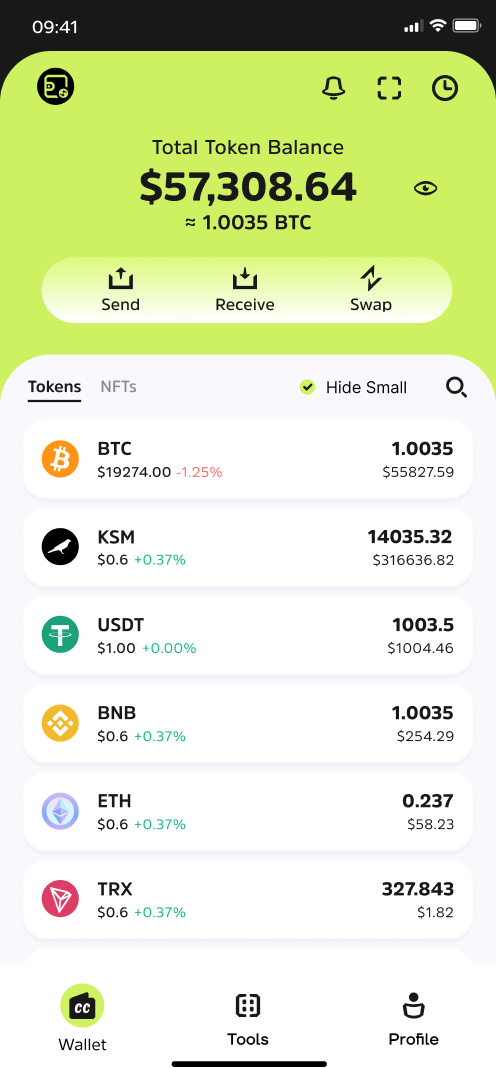
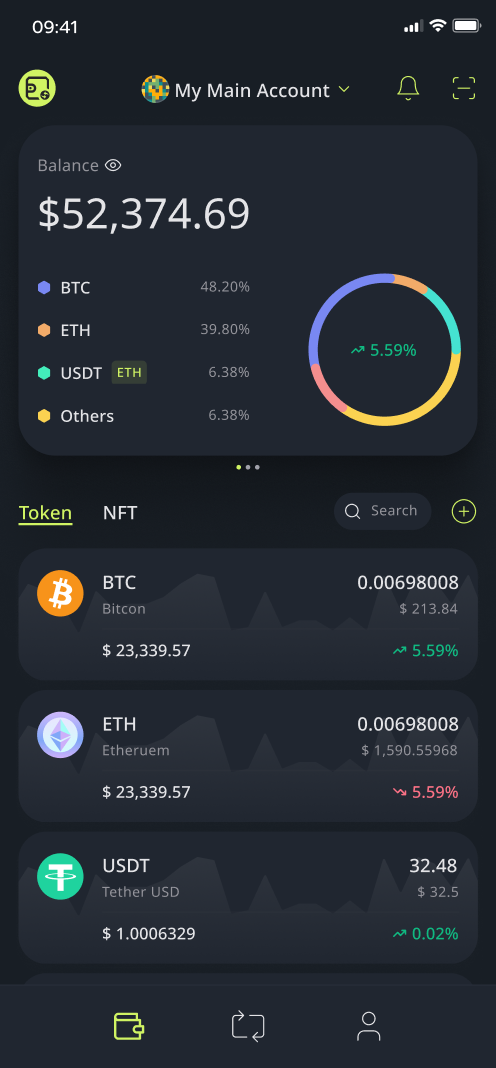
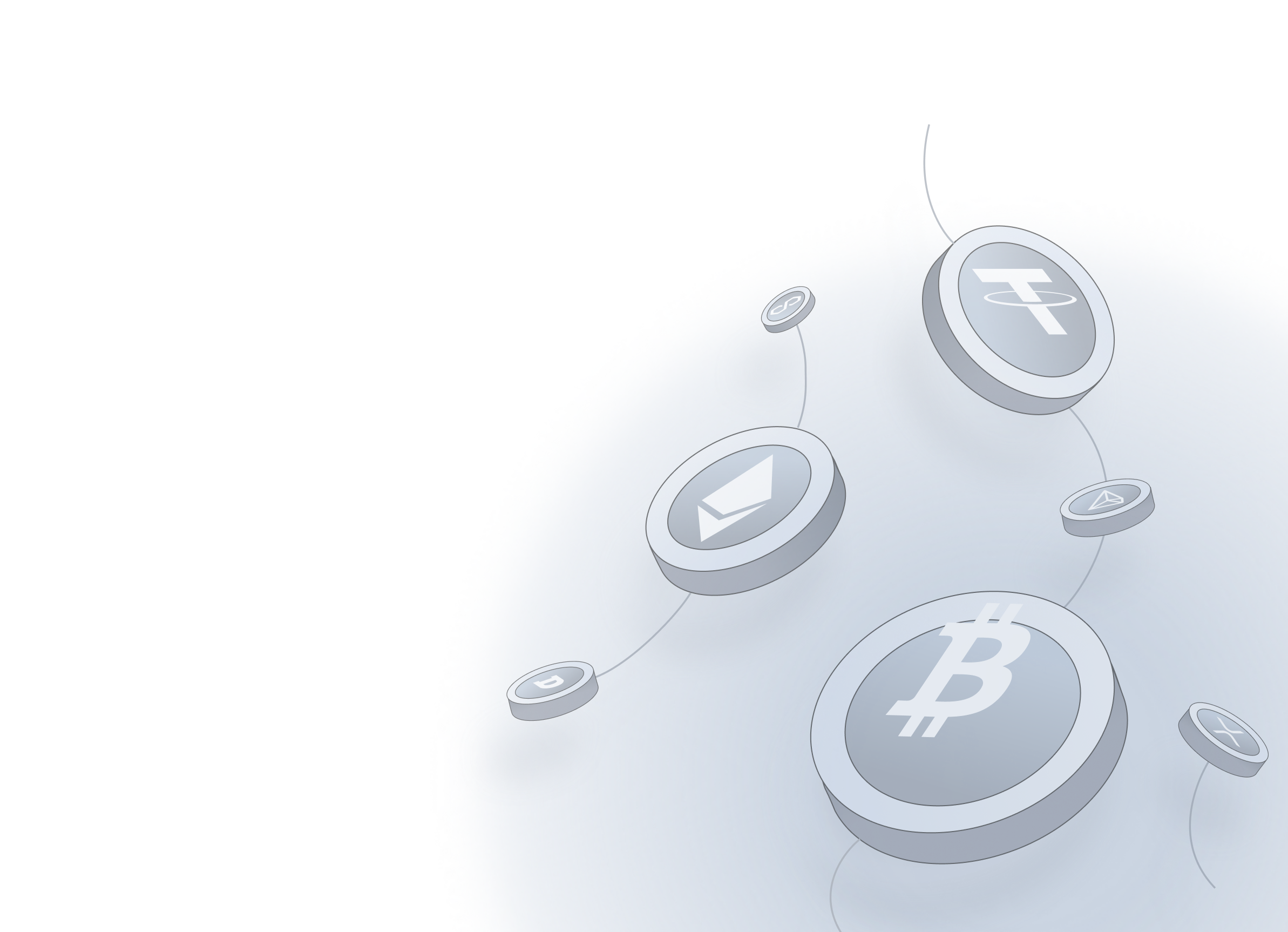
FAQ
A non-custodial crypto wallet is one where only the holder possesses and controls the private keys. For users who want full control over their funds, non-custodial wallets are the best option.
The network fee is a cryptocurrency transaction fee users are charged when performing crypto transactions. The fee is collected in order to process the transaction on the blockchain network. You need to pay the blockchain fee to ensure your cryptocurrency transfers arrive promptly. With Cwallet, there are no additional fees; however, you can increase the network fees from the default to speed up your transactions.
Your assets are not on the app but on the blockchain network itself. The Cwallet app just allows you to access your wallet addresses and make transactions from there. Using your Recovery Phrase, you can load your wallet from any non-custodial wallet service provider.
Since the gas fees or “network fees” are paid to the miners (or validators). They usually look for transactions with the highest gas price to approve first; hence, lower gas price transactions take longer to process. In a pool of many transactions, some transactions with extremely low gas prices never get picked up as miners are unwilling to process them; this could lead to a transaction getting “stuck” in a pending status.